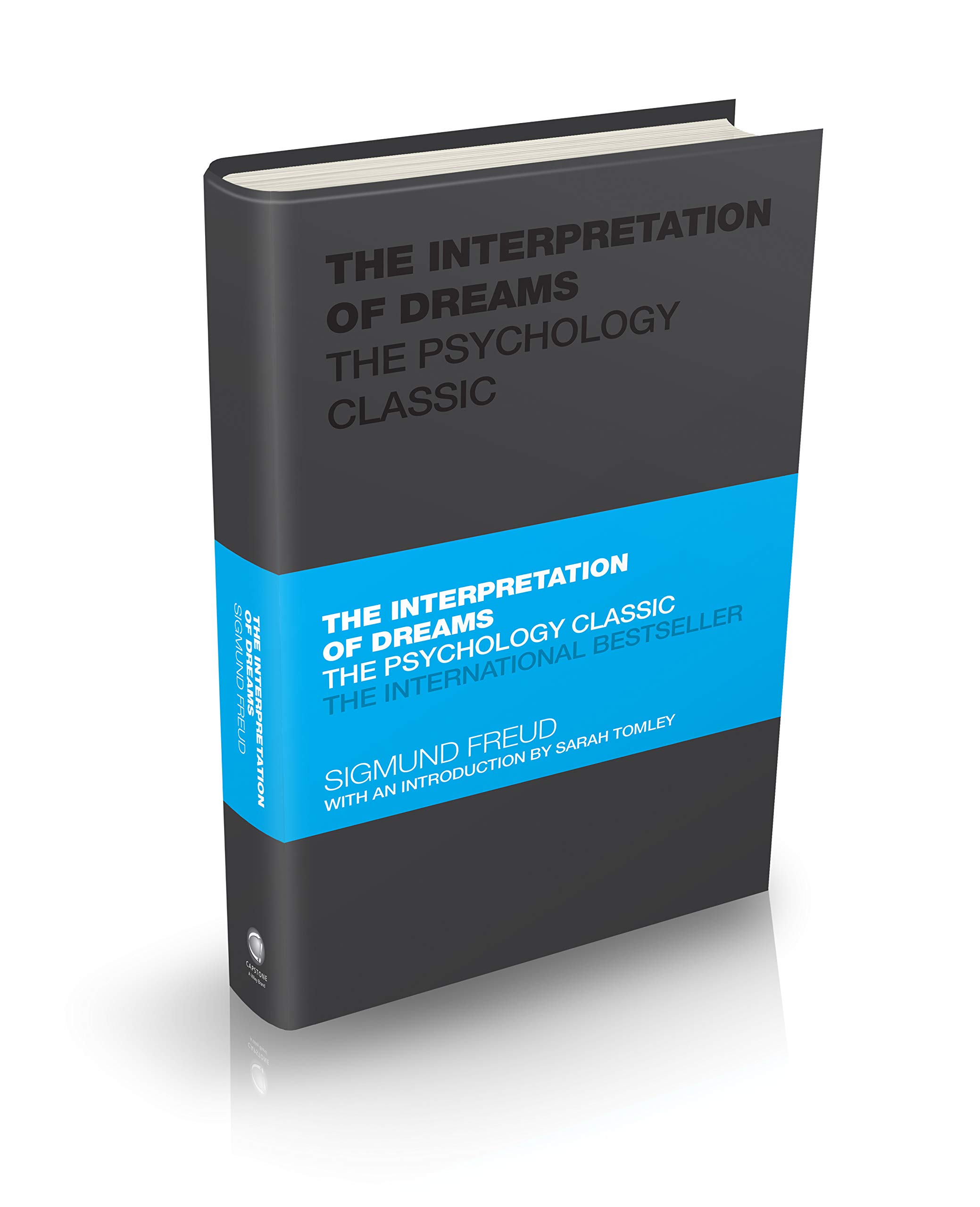
Categorii: Necatalogate
Limba: Engleza
Data publicării: 2020
Editura: John Wiley & Sons
Tip copertă: Hardcover
Nr Pag: 320

Sigmund Freud'sThe Interpretation of Dreams introduced his ground-breaking theory of the unconscious and explored how interpreting dreams can reveal the true nature of humanity. Regarded as Freud's most significant work, this classic text helped establish the discipline of psychology and is the foundational work in the field of psychoanalysis. Highly readable and engaging, the book both provides a semi-autobiographical look into Freud’s personal life – his holidays in the Alps, spending time with his children, interacting with friends and colleagues – and delves into descriptions and analyses of the dreams themselves.
Freud begins with a review of literature on dreams written by a broad range of ancient and contemporary figures – concluding that science has learned little of the nature of dreams in the past several thousand years. Although the prevailing view was that dreams were merely responses to ‘sensory excitation,’ Freud felt that the multifaceted dimensions of dreams could not be attributed solely to physical causes. By the time Freud began writing the book he had interpreted over a thousand dreams of people with psychoses and recognised the connection between the content of dreams and a person’s mental health. Among his conclusions were that a person’s dreams:
The Interpretation of Dreams: The Psychology Classicis as riveting today as it was over a century ago. Anyone with interest in the workings of the unconscious mind will find this book an invaluable source of original insights and foundational scientific concepts. This edition includes an insightful Introduction by Sarah Tomley, a psychology writer and practicing psychotherapist. Tomley considers paints a picture of Freud's life and times, reveals the place of The Interpretation of Dreamsin the context of Freud's other writings,and draws out the key points of the work.